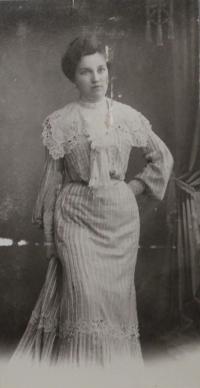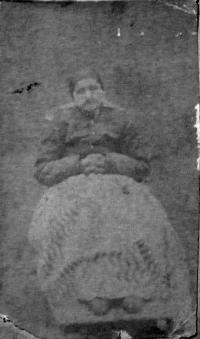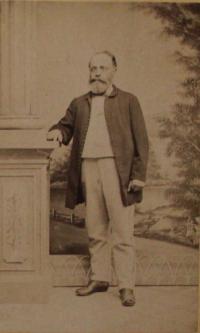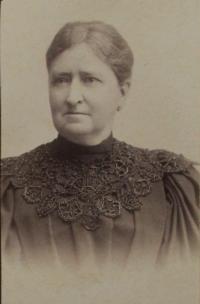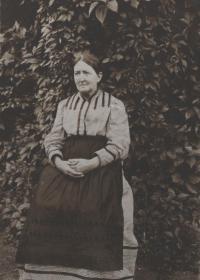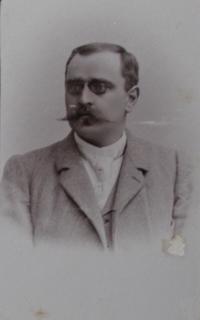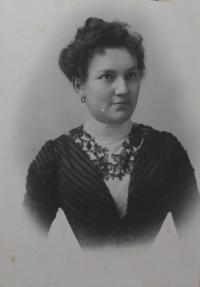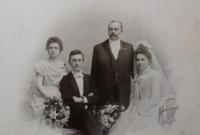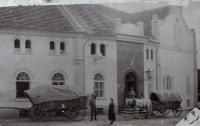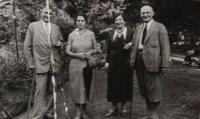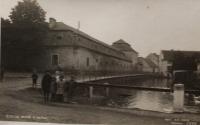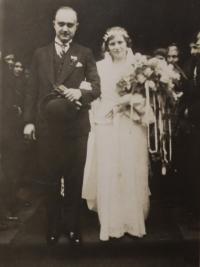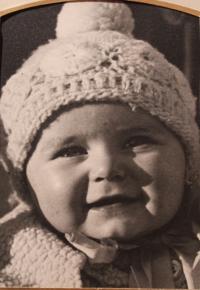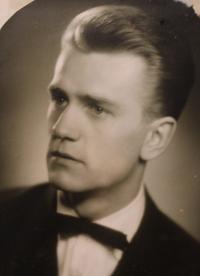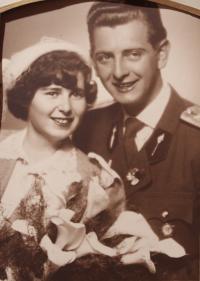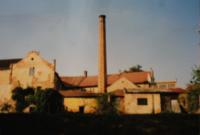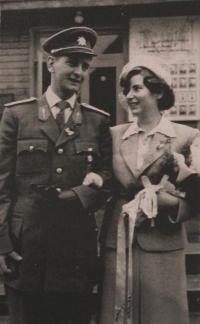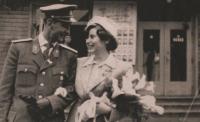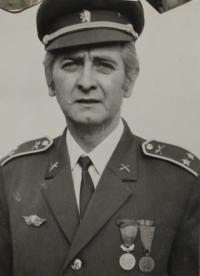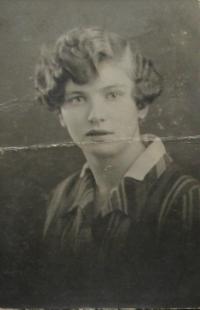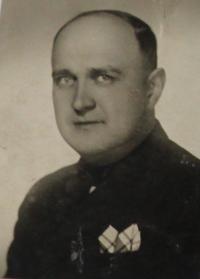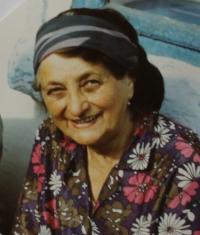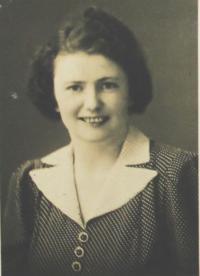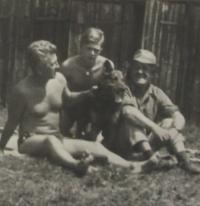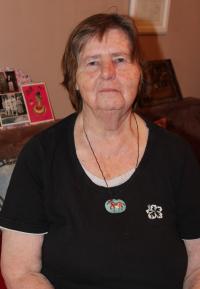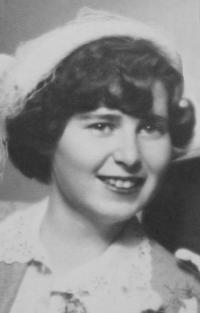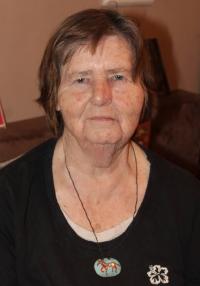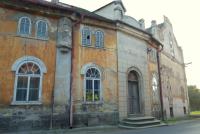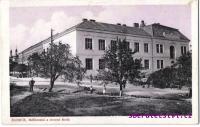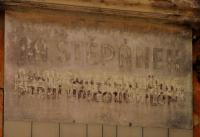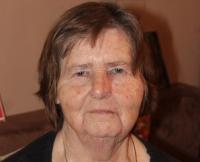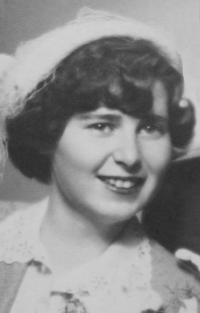One needs to find one’s path through life by oneself

Stáhnout obrázek
Ladislava Loučková was born on June 3, 1934 in Prague in the miller‘s family of Mr. and Mrs. Štěpánek. During the period of World War Two she met airmen who had been shot down and for whom her parents provided a hiding place in the mill in Zlonice. In May 1945 she witnessed an execution of German prisoners of war by Czech soldiers. During the liberation by the Red Army she and her mother had to hide from drunken Soviet soldiers. After 1948 her parents‘ mill became expropriated by the state and she witnessed the devastation of the mill‘s equipment. During her studies at a grammar school in Prague, a communist teacher did not allow her to sit for the final examination due to Ladislava‘s alleged bourgeois origin. In 1952 she married officer Radko Loučka and they had three children. Ladislava worked in various non-skilled jobs - on a poultry farm, as a petrol station attendant and in a medicine supplies depot. Her last position before retirement in 1988 was in the District Cultural Centre in Kladno where she worked as a conferencier. At present she lives with her family in Prague 13 - Lužiny.
